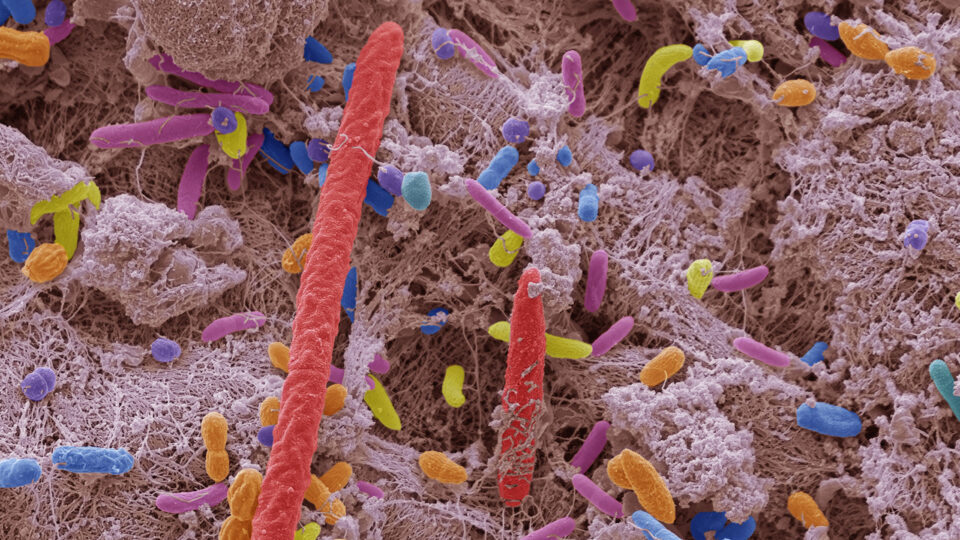A novel prediction model has the potential to identify individuals at differential relative and absolute risk for early-onset colorectal cancer (CRC), according to a study published in the Journal of the National Cancer Institute.
The model incorporates an environmental risk score (ERS), including 16 lifestyle and environmental factors, and a polygenic risk score (PRS) of 141 common variants.
The combined score, a number between 0 and 1, may contribute towards identifying high-risk populations that may benefit from personalized preventive interventions for early-onset CRC.
“Concerns including the burden on screening capacity and costs support that an individualized approach is increasingly warranted.”
Richard B. Hayes, DDS, MPH, PhD
“As screening guidelines lower the recommended age of screening initiation for CRC, concerns including the burden on screening capacity and costs support that an individualized approach is increasingly warranted,” says study co-senior investigator Richard B. Hayes, DDS, MPH, PhD, a professor of population health and environmental medicine.
Constructing the Model
The researchers used data from 13 population-based studies, which included 3,486 early-onset and 3,890 control cases under the age of 50 years, to construct the risk prediction models.
Relative and absolute risks for early-onset CRC were evaluated according to the ERS and PRS. The team found that increasing values of ERS and PRS were associated with increasing relative risks for early-onset CRC (odds ratios, 1.14 and 1.59, respectively; area under the curve, 0.631).
Based on absolute risks, 26 excess cases per 10,000 men and 21 per 10,000 women would be expected among those scoring at the 90th percentile for both risk scores.
Leveraging the Insights
“This study is the first to our knowledge to implement a risk score integrating lifestyle, environmental, and genetic factors in early-onset CRC, which complements similar efforts for cohorts consisting predominantly of late-onset disease,” Dr. Hayes says.
While these findings are encouraging, Dr. Hayes cautions that his team’s tool is not yet ready for clinical use. Further testing is needed in larger trials to refine the model, and to demonstrate how the scoring system could be applied in clinical settings.
“Our ultimate goal is to have a predictive test for all people.”
“Our ultimate goal is to have a predictive test for all people to gauge when they, based on their own genetic and personal health factors, need to start routine screening for colorectal cancer.”
Other researchers involved in the study are lead investigator Alexei Archambault at Regeneron Pharmaceuticals and NYU Langone co-investigators Anne Zeliniuch-Jacquotte, MD, and Peter S. Liang, MD, MPH.
Funding support for the scoring study was provided by National Institutes of Health grants R03CA21577502, U01CA164930, R01CA201407, P30CA016087, P30CA015704, P20CA252728, and T32HS026120.






